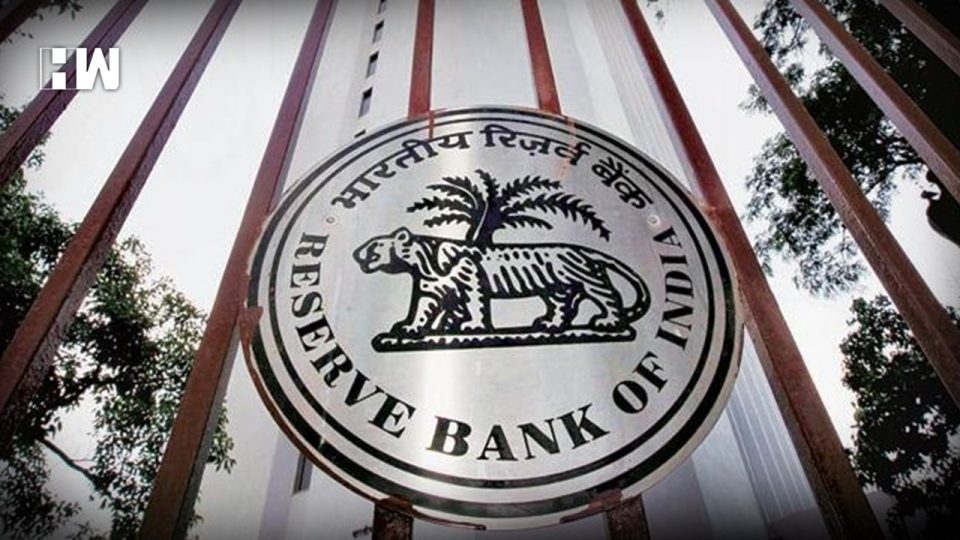It is apparent that the RBI is concerned about the state of affairs of IBH and the ongoing investigation of the ITD and the ED therein.
It was announced on April 2019, that India Bulls Housing Finance, was proposed to be merged with the embattled Laxmi Vilas Bank, of course, subject to the RBI approval. Upon such a merger, the shareholders of India Bulls Housing (IBH), led by Sameer Gehlaut and Gagan Banga, were to own almost 90% of the merged entity. It would virtually transform IBH into a Bank, which many saw it as a back door surreptitious entry into the business of banking; something which the RBI generally prohibits. The public may not have liked it, but the proposal made eminent sense to both. LVB needed capital badly, to shore up its depleted capital, eroded by NPA losses and IBH needed to expand into banking and deploy its surplus cash of almost Rs. 25000 crores. The markets were not enthused by the proposal to merge and the share prices of both LVB and IBH were hammered on the bourses, such that they have fallen by over 70% since the time the merger proposal was announced.
A lot has transpired in this case since then, which included approval of the merger by the CCI. It was initially said that subject to conditions, the RBI, the banking regulator was favourably inclined to the merger, notwithstanding the ongoing investigation into the affairs of the IBH, by the ED and the ITD, on serious charges of money laundering and tax evasion. The RBI was silent for quite some time, purposefully investigating the merger proposal. It was initially rumoured that the RBI had given an in-principle approval to the proposal, subject to the promoter holding of Samir Gehlaut and Gagan Banga not exceeding 10% and that they would not be appointed as directors on the Board of the Bank, which it was said that they had readily agreed to.
In the meanwhile as the financials of LVB deteriorated in the wake of rising NPA losses and deficient capital, it was put under prompt corrective action (PCA) management of the RBI, such that it could open no more branches, there were severe restrictions on its lending, it could pay no dividend and no material decisions could be taken without the RBI’s approval. It also needed to urgently infuse additional capital, which was expected upon its merger with the India Bulls company. In the interim CARE also cut the credit rating of IBH and downgraded it from AAA to AA+ and Moody’s changed its outlook to IBH to negative, in yet another downgrade. A PIL was also filed by the Citizen’s Whistleblower Forum led by Prashant Bhushan in the Delhi High Court, seeking investigation into the affairs of IBH by the ED and the ITD, on charges of tax evasion and money laundering by siphoning funds of allegedly over Rs. 25000 crores. What was thought to be a frivolous and malicious PIL turned out to be a serious issue, when the Delhi High Court directed the ITD and the ED to investigate these incriminating charges related to IBH.
As time passed by, these turn of events seemed to change the mood at RBI, which was initially said to be not against the proposed merger. It now had reservations over the IBH participation in the management of LVB, it was not quite satisfied with reducing the promoter holding to below 10%, it was not satisfied with the links of IBH to the real estate sector which has caused immense stress to banks and NBFCs and about the overall management and control of the merged entity.
It thus came as no surprise when the markets were informed that the RBI, vide its letter dt. 9.10.19 has rejected the proposed merger of LVB and IBH. While no reasons were given for such rejection, it is apparent that the RBI is concerned about the state of affairs of IBH and the ongoing investigation of the ITD and the ED therein. It is also apparent from the RBI’s reservations, that it did not consider IBH to be a worthy partner to LVB and nor did it consider Samir Gehlaut and Gagan Banga to be fit and proper to be promoters/directors of a bank. Perhaps the mismanagement of Yes Bank under the guardianship of Rana Kapoor, influenced this perspective of RBI, already concerned about the state of health of LVB.
That ends uncertainty in the matter for the promoters of IBH in particular, who had put on hold its operations and were downsizing since then and were building its banks balances by selling assets, since the past six months. They hold a war chest of about Rs. 25000 crores and apart from an imminent buyback of shares, they need to decide on their deployment. Incidentally, the markets did not cheer the rejection and the shares of IBH fell further. LVB continues to languish, with an uncertain future
As an independent media platform, we do not take advertisements from governments and corporate houses. It is you, our readers, who have supported us on our journey to do honest and unbiased journalism. Please contribute, so that we can continue to do the same in future.

